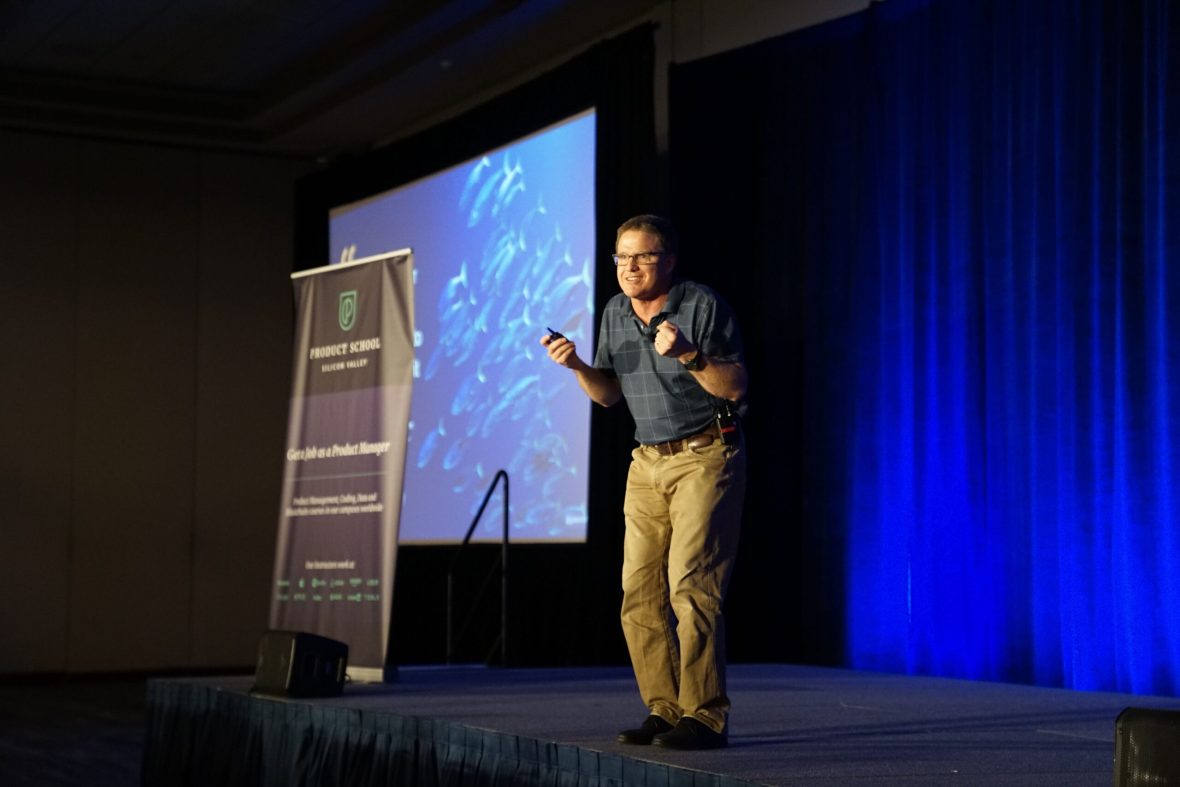Various attempts have been made by various educationalists to justify the study of education. These reasons are usually a product of the philosophy of each scholar and the kind of society they want education to build.
Some of the common interpretations given to education are literacy, schooling, knowledge, acquisition, certification, and good behaviours. The general importance of education is as follows:
1. Education guides the development of a nation’s educational system.
A nation without education is like a blind nation. That nation cannot move forward. The reason is that it is education that develops and exposes the nation.
For example, it was when Nigerian scholars in diverse fields of education realised the dysfunctional nature of our former colonial system of education bequeathed to us by Britain, that they put their heads together to fashion out the National Policy on Education to chart Nigeria’s technological and scientific growth.
2. Education makes our outlook on education, its principles, theories, and practices.
In other words, education broadens our outlook on education so that we can rationalise the failures and successes of other nations to learn from their experiences. The course of education exposes people to theories, principles, and practices.
For example, there are many schools in a country. Learning education will expand the knowledge of people on how to run an educational system.
3. Education provides intellectual stimuli for its recipient.
Education is studied because people want to learn; it, therefore, promotes knowledge and academic curiosity. As said earlier, education is the pillar of other subjects and disciplines. Disciplines like psychology, sociology, philosophy, and many more are made possible because of education.
4. Education makes changes.
Education promotes reforms since human society is not static but consistently changing. Knowledge of education enables educators to appraise the performance of our educational system in meeting the needs and aspirations of the country.
Akinpelu, in his view about education, states that the evidence of being educated can only be seen in the way one behaves in social relations, not in the amount of abstract and sophisticated knowledge that one possesses.
5. Education enables us to make contributions.
Education enables us to understand the contributions of individuals, private bodies, religious organisations, governments, and politics to the growth of education. For example, education contributes to the growth and development of society.
For example, if you are educated, the way you lead society is more than the way uneducated people will lead. The contributions of each will differ.
6. Education enables us to make the right decisions.
Education allows us to make the right decisions, actions, and thoughts about education more rational, feasible, and mature than before. This enables us to transfer knowledge gained from the study of the course to other disciplines.
For example, education is relevant in understanding the development of philosophy, political science, technology, medicine, and so on.
7. Education is a life changer.
It is a medicine that fights illiteracy and ignorance. Education takes one to a greater height. Imagine how the world would be without education. Education is the way to success. Education can change lives for the better.
For example, you can compare when you are of age but not educated and the time you are educated. You can experience the life-changing time of exposure, innovation, organisation, and critical thinking.
8. Education helps in the innovation of technology.
Without the education acquired by technologists and scientists, all the gadgets, such as phones, laptops, radios, and types of machinery, would not exist.
Make our day-to-day activities go smoothly. What education has done in terms of technology cannot be overemphasised. Education hastens what we are using now concerning technology.
9. Education opens doors of opportunity.
Education, as we know, is the way. Education provides job and business opportunities. For example, educated and uneducated people go for a job interview. Due to the education the educated person has acquired, the educated person will be the person suitable for the job.
Many people who are in positions of authority now are educated. Education also opens the understanding to know the right and to fight for freedom.
For example, without education, people like Nnamdi Azikiwe, Fumilayo Ransom Kuti, Obafemi Awolowo, Tafawa Balewa and would not have been able to fight for the independence of Nigeria.
10. Education exposes to problem analyses.
Education also serves as a medium of acquiring different things, such as learning how to practice and analyse problems and find solutions. Education makes an individual think rationally so as not to make wrong choices.
This is because it is the power that makes one see far, even more, what people have not seen. It makes us see or do valuable things easily.
11. Education is life itself.
Education provides comfort for people. Without education, there is no life. If one doesn’t study/they cannot become a great person in life. In reality, if a doctor did not go to school to study and learn, he may not have the opportunity to save lives.
Every traditional herb also needs the attention of reading and learning these days, unless such herbs want to crawl when others are flying.
12. Education gives room for creativity and innovation.
Education brings about new ideas that can help the country or the world at large. Education makes people think and be creative. If you are well educated, your brain is developed to be creative.
There are some educational thinkers such aasPlato, Aristotle, Dicey, Smith, Dewey, etc. They have done well in taking the status of education to a higher level of fame.
13. Education solves problems.
Education makes one a rational thinker to solve problems. For example, during the days of our forefathers, when twins were slaughtered like chickens, Education served as a tower. When one studies, one has power and influence.
One will set a line with kings and queens and also be able to say yes and be proud that he/she finished school, and they can make a lifelong for himself/herself. Education’s exposure here sees the practices as primitive and barbaric, a nd the whites put an end to the evil act.
14. Education is an eye-opener.
When one is educated, there is an 80% chance that one will make it in life. The reason is that he/she will have to think of going the extra mile to achieve. The person will see more of what he/she see before, far beyond the present situation. An educated person will be sensitive to any opportunities around him/her, and he/she will not relent.
15. Education develops logical thinking and critical skills.
It is no longer news that a lot of people face several problems. Such problems need educational attention. It is because before we can make decisions on certain things, we require rational and logical skills, which are educational exposures.
Also, looking both at the process and product of education, one can see it as the level of literacy and knowledge acquired by someone, which has influenced the development of their capacity for good and fruitful social interactions. Education should make us more reliable and fit into our societies.
16. Education makes you a man.
One of the things that education does is to make you a man. The argument ensued that education fits one for understanding higher responsibilities, not of earning one’s bread merely, but of living a full life. Education throws open the windows of the mind to the light of knowledge. After all, a man is to be educated not to make shoe nails and pins, but to be a man.
17. Education helps to tackle the business of life.
Another area in which education is important is that it certainly makes one able to tackle the business of life. An educated man will carry into every task to which he is called a system, a habit of organisation, and a capacity for simplifying the mechanism of work.
Hence, education will remain the most adequate means of preparing me for the great business of living, not somehow, but worthy, with noble aims and with commanding success.
Conclusion
We must not deny that to fulfil its purpose, education must be wisely and realistically planned. It must have a definite and tangible object.
Education that is meant merely to encourage speculative habits, that makes everyman a philosopher, interested only in abstract theories or poets dreaming dreams in a vacuum of abstraction, can never be desirable from the standpoint.
Education must be based on life; it must arise out of the needs of life, and it must serve the ultimate ends of life. Read the similar post on this page.










